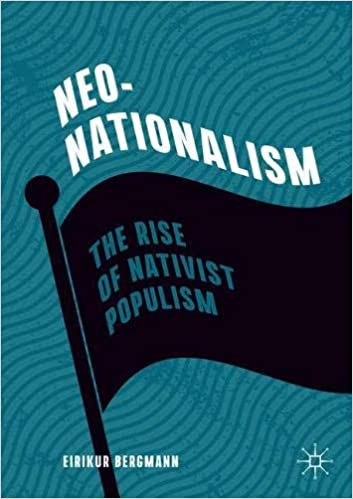This book maps three waves of nativist populism in the post-war era, emerging into contemporary Neo-Nationalism. The first wave rose in the wake of the Oil Crisis in 1972. The second was ignited by the Collapse of Communism in 1989, spiking with the 9/11 terrorist attacks. The third began to emerge after the Financial Crisis of 2008, soaring with the Refugee Crisis of 2015. The book traces a move away from liberal democracy and towards renewed authoritative tendencies on both sides of the Atlantic. It follows the mainstreaming of formerly discredited and marginalized politics, gradually becoming a new normal. By identifying common qualities of Neo-Nationalism, the book frames a threefold claim of nativist populists in protecting the people: discursively creating an external threat, pointing to domestic traitors, and positioning themselves as the true defenders of the nation.
Neo-Nationalism: The Rise of NativistPopulism
5.895 kr.
Out of stock


